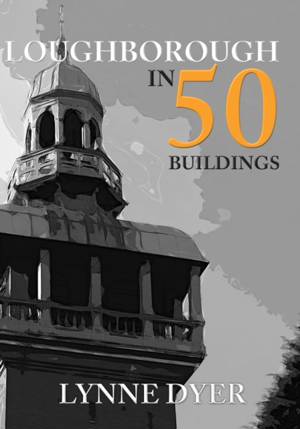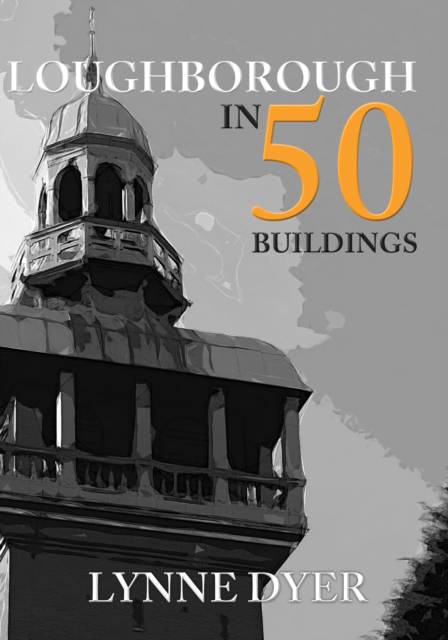
- Retrait gratuit dans votre magasin Club
- 7.000.000 titres dans notre catalogue
- Payer en toute sécurité
- Toujours un magasin près de chez vous
- Retrait gratuit dans votre magasin Club
- 7.000.0000 titres dans notre catalogue
- Payer en toute sécurité
- Toujours un magasin près de chez vous
21,45 €
+ 42 points
Description
Today, Loughborough is known for its university's sporting reputation and its industries, but the second-largest town in Leicestershire has a long and varied history. It is believed there is an Iron Age fort on the university campus, and Loughborough is mentioned in the Domesday Book. Loughborough's history is evident in the buildings that stand today in the town and in this book local historian Lynne Dyer investigates these buildings to share the story of Loughborough. The buildings range from the oldest known in the town to some of the newest, and include those occupied by influential figures in Loughborough's history, showing not only who they were built by and the circumstances leading to their construction but also their significance in the social history of Loughborough. Mediaeval buildings can be found in Loughborough such as the parish church, Old Rectory and Guildhall, ancient pubs and a Manor House, as well as a wealth of buildings from its industrial past including John Taylor's bell foundry, the Great Central Railway and factories such as the Morris Works. The more recent history of Loughborough includes university buildings and a twenty-first century mural to replace a partially-demolished 1960s car park.Loughborough in 50 Buildings explores the history of this fascinating Leicestershire town through a selection of its most interesting buildings and structures, showing the changes that have taken place in Loughborough over the years. The book will appeal to all those who live in Loughborough or who have an interest in the town.
Spécifications
Parties prenantes
- Auteur(s) :
- Editeur:
Contenu
- Nombre de pages :
- 96
- Langue:
- Anglais
- Collection :
Caractéristiques
- EAN:
- 9781445680934
- Date de parution :
- 01-11-18
- Format:
- Livre broché
- Format numérique:
- Trade paperback (VS)
- Dimensions :
- 165 mm x 234 mm
- Poids :
- 285 g

Les avis
Nous publions uniquement les avis qui respectent les conditions requises. Consultez nos conditions pour les avis.






